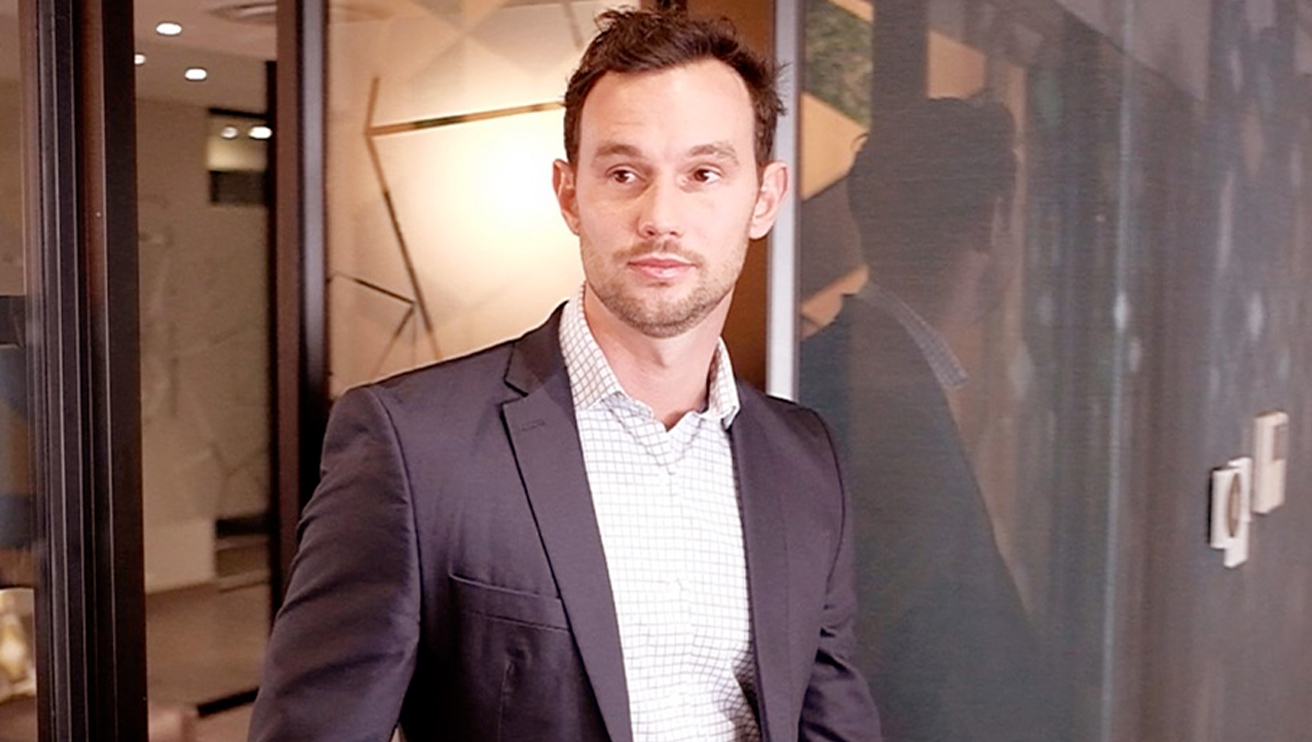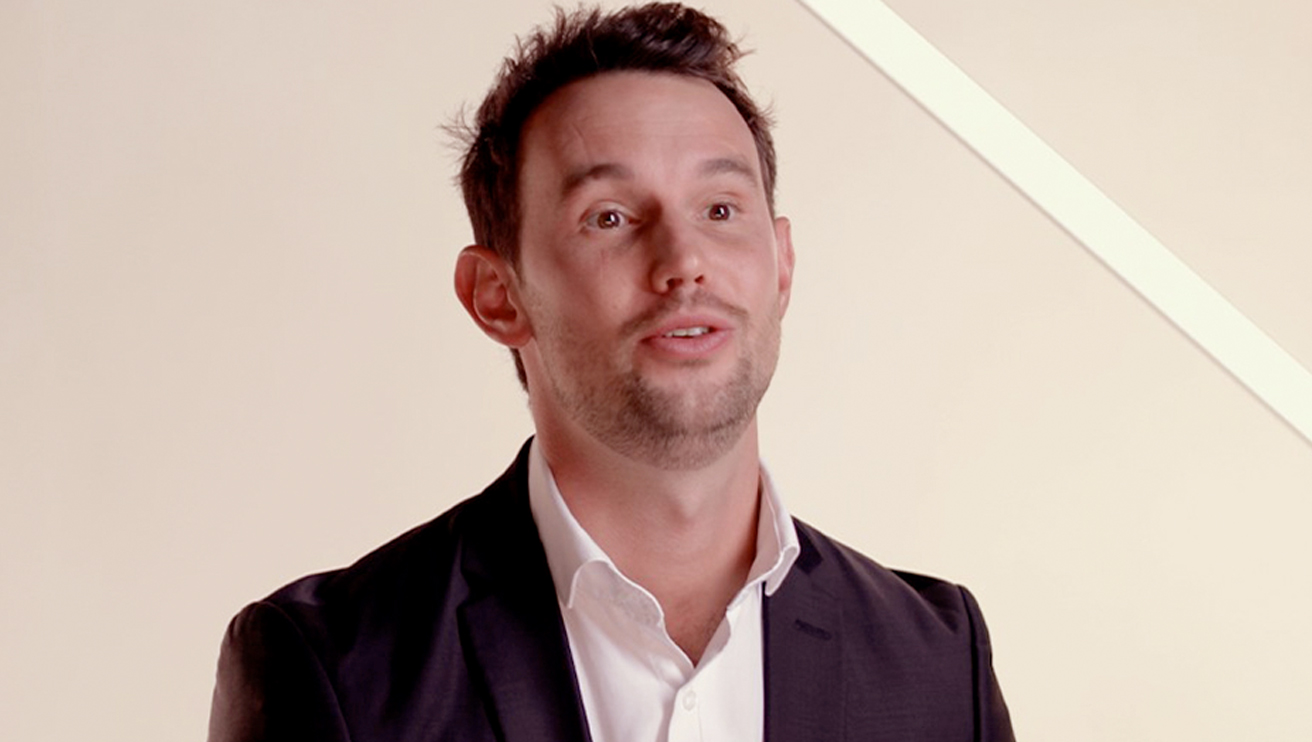Management consultant Matthew Butler-Adam believes in the power of planning, a strong work ethic and earning your reputation.
It’s an approach that has taken this young professional to Oxford and Harvard for his masters’ degrees, and to the top of his field.
Watch his video story
What made you want to pursue the field of economics?
I studied economics because I was interested in a field that leveraged mathematical and statistical tools to solve real-world problems. It’s important to pick a field that you believe will add value to your career, but also one that gives you energy.
How did you survive your varsity years and internships?
I actually found the adjustment to university difficult, at least in my first year. I had come from a big public boys’ school in KwaZulu-Natal and not many of my peers had gone to university – certainly not down in the Western Cape where I was studying.
What got me through in those days was support from family, along with a few close friends that I was lucky enough to make.
What’s been the hardest part of your career?
I would say the first two years working in a high-pressured corporate setting. It took me time to understand the ‘rules of the game’ and I’m grateful for all the people I worked with for sticking with me and helping me on my journey.
What is the best part of your working day?
Solving tough business problems and creating simple plans to execute those solutions.
If I’m working with a small team, I enjoy getting the people in the room (or virtual room), to white board a solution and then co-create an effective plan that ensures we can implement. This might be the best way to structure a transaction, or the best way to convert an existing product into a virtual offering.
Do you believe the perfect career exists?
No. I think all career choices involve trade-offs.
As young professionals, we are weighing up a set of important factors – growth and career opportunities, sustainability, income, flexibility, and many more. Different people value these dimensions in different ways. It’s okay to go after a career that offers the right balance for you.

How did you network at the start of your career?
I didn’t really ‘network’ at the start of my career. I was always slightly put off by people who did. Instead, I focused on two things – I worked hard on the tasks put in front of me and I made genuine friendships with the people around me.
How do you manage your time?
As a fairly structured person, I’m always thinking carefully about my priorities and making sure that I get to spend the right amount of time on the things that matter most. I don’t always get it right but I’m very explicit about the trade-offs I’m making.
More practically, I think it’s good to wake up a few hours before the day really kicks off to make sure you have time for personal tasks and just to think. When you have a meeting, make sure it has stated objectives. When you have a complex task, set up a plan and track against it.
How do you make time for yourself, friends and family?
Life is about balance. I do feel as though I’m constantly improving that balance as I learn more. Of course, having a busy career can limit your ability to make time for other priorities – but friends and family are fundamentally the most important aspect of my life.
What is the hardest financial lesson you’ve learned?
In my late 20s, I started to make some substantial financial commitments – both on the investment and debt side. This was a good step for me, but I hadn’t fully accounted for the constraints this would place on my life and my budget. It took me a few years to feel as though I was comfortable again and not living each month in a highly constrained manner.

What advice would you give other young professionals?
Two things that might seem counter-intuitive at first. First, you need to set some goals – and it’s okay if they change with time – and have a clear plan about how you are going to achieve them. In your 20s, I believe that thinking about the next three-to-five years at a time is a good range and then ideally having some longer-term vision on top of that.
Second, and provided you have the first, don’t take yourself too seriously. Life is rich and complex and difficult to predict. When things don’t work out, give yourself a break and move on.
What assumption or stereotype about young people would you want to change?
I think young people, like any other group, should be treated for who they are as individuals, and not for a perceived set of notions ascribed to the group as a whole.


